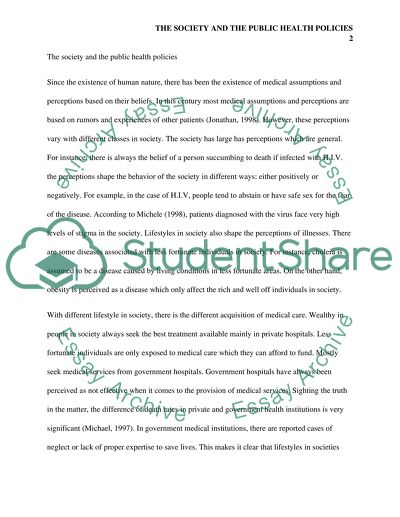Cite this document
(“The Society and The Public Health Policies Essay”, n.d.)
The Society and The Public Health Policies Essay. Retrieved from https://studentshare.org/sociology/1448254-medicine-health-and-illness
The Society and The Public Health Policies Essay. Retrieved from https://studentshare.org/sociology/1448254-medicine-health-and-illness
(The Society and The Public Health Policies Essay)
The Society and The Public Health Policies Essay. https://studentshare.org/sociology/1448254-medicine-health-and-illness.
The Society and The Public Health Policies Essay. https://studentshare.org/sociology/1448254-medicine-health-and-illness.
“The Society and The Public Health Policies Essay”, n.d. https://studentshare.org/sociology/1448254-medicine-health-and-illness.


